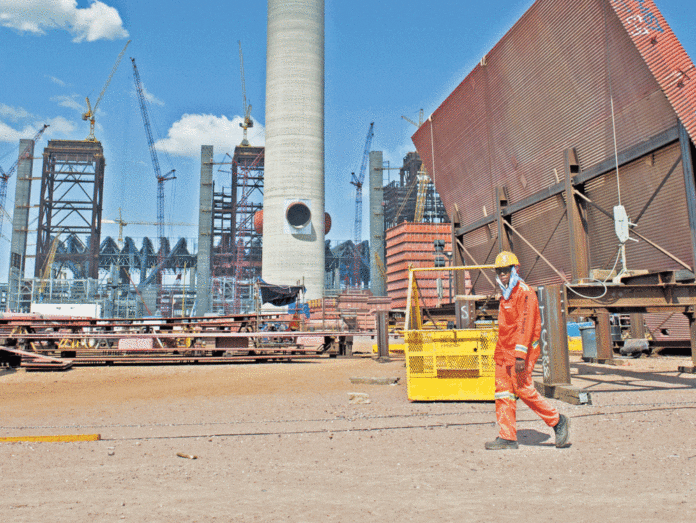Total liabilities are estimated at R650bn
Energy experts this week accused embattled power utility Eskom of not being transparent with the public over its “true” financial position, stating that the utility’s debt was well over the R440bn it previously reported. Karl Miller, a global energy adviser, said the national treasury will be forced to absorb Eskom’s debt in one form or another but that Eskom was not truthful about the extent of its debt.
His research estimates Eskom’s “real” debt at $45bn (more than R650bn at this week’s exchange rate), including off-balance sheet debt and deferred plant maintenance.
“There is simply no real visibility regarding the true off-balance sheet liabilities hidden in South African state-owned enterprises and governmental agencies,” Miller said.
“These hidden debts are extremely worrying because off-balance sheet debts have been the downfall of many emerging market/developing
nations.”
Eskom CEO and board chairperson Jabu Mabuza on Tuesday told MPs that the power utility’s debt levels have reached the
ceiling. In an e-mailed response to Sunday World, the power producer would not comment on whether it has been misleading the public on its financial statements.
“At end March 2019, Eskom’s total debt was R440bn. The update will be available when the interim results for the current financial year are published later this year,” Eskom said. Finance minister Tito Mboweni tabled a Special Appropriation Bill in July that would see Eskom receive R26bn in additional support this year and R33bn next year.
This is on top of the R23bn a year over the next three years that the treasury allocated to the power producer in the February budget.
The latest financial support for the power utility means that the government would have supported it with R49bn in the 2019/20 financial year, R56bn in the 2020/21 period and R23bn in 2022, with at least another R100bn in the pipeline in coming years.
Eskom posted a record loss of R20.7bn for the 2018/19 financial year on the back of an increase in the price of coal in the period. The treasury has suggested that Eskom should consider disposing of its coal-fired power stations in a move that could potentially raise about R450bn as government scrambles to keep the power producer afloat. Energy expert Ted Blom agreed with Miller’s assertion
that Eskom was not forthcoming with information on its deteriorating financial situation.
He said Eskom debt was closer to R650bn. “I have put a price tag of R300bn on each of Medupi and Kusile [power stations] since 2010. Strange that other SA ‘experts’ were in denial of my number in 2010, [but are] now beginning to concur,” Blom said.
By Kabelo Khumalo
kabelo@156.38.205.90




